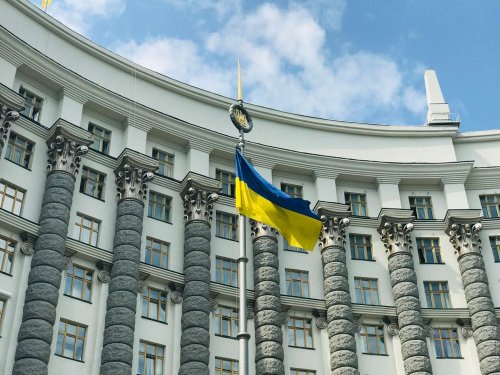On Friday, July 29, the Cabinet of Ministers of Ukraine appointed Svitlana Grynchuk as the new Deputy Minister of environmental protection and natural resources of Ukraine for European integration.
The representative of the Cabinet of Ministers in the Verkhovna Rada Taras Melnychuk announced about it on his Telegram channel.
Currently, the Ministry of Environment team is staffed. Grynchuk will be responsible for the system of monitoring, reporting and verification of greenhouse gas emissions, as well as for the emissions trading system.
The Cabinet also dismissed from the position of deputy head of the State Environmental Inspection of Ukraine for issues of digital development, digital transformations and digitization Andrii Bohdanovich.
What is known about the new patroness
In Greenpost noted that Grynchuk is a candidate of economic sciences, and since June 2022 she has been an adviser to the Minister of Environment Ruslan Strilets. She also cooperated with international projects in the environmental and energy spheres.

Grynchuk held the position of adviser to the Minister of Finance of Ukraine since 2020. In the same year, she became the head of the working group at the Ministry of Energy on issues of environmental protection and climate change.
In 2019, she worked as an advisor to the Prime Minister of Ukraine on environmental protection issues.
From 2016 to 2019, she was the effective director of the Department for Climate Change and Ozone Layer Protection in the Ministry of Environment.
"It was during her tenure that the Paris Climate Agreement was ratified and Ukraine's fulfillment of its international obligations under the Kyoto and Montreal Protocols on the Protection of the ozone layer was ensured," the article noted.
Earlier, EcoPolitic wrote, that The Cabinet of Ministers appointed on May 24 Ruslan Grechanyk as the first deputy minister protection of the environment and natural resources of Ukraine.
As EcoPolitic previously reported, Ukraine plans to optimize the Cabinet of Ministers in order to reduce the number of ministries from 20 to 12, in particular the Ministry of Environment and Agriculture, and central executive bodies – by 30%.





